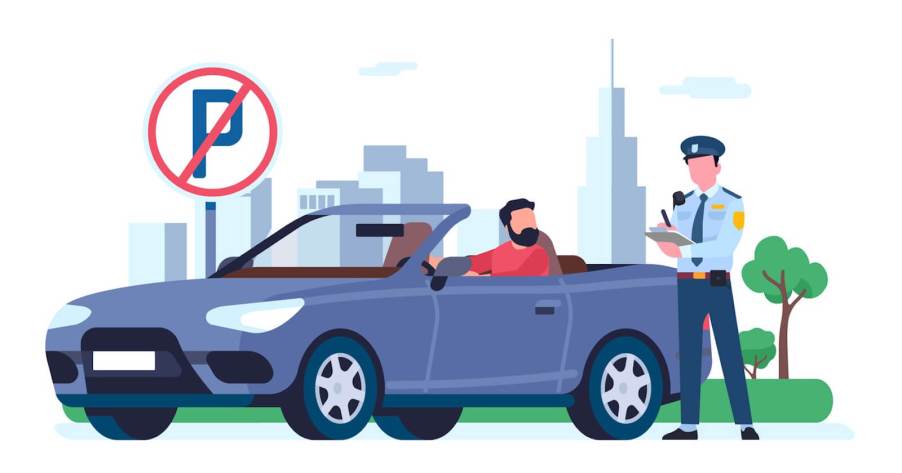
Are You Allowed To Refuse a Police Officer When They Ask For Your License and Registration?
Getting pulled over and ticketed by the police. It’s an irritating way to slow down your otherwise typical drive. But they happen every day and most of them are fairly straightforward. However, for one reason or another, you might not want to produce your license, registration, and proof of insurance for a police officer during a stop.
You can refuse to show a police officer your license and registration at a traffic stop, but it is cause for suspicion
Drivers have rights. I don’t have to tell you that much. However, motorists can also land themselves in hot water with the police should they refuse to comply with a lawful request. For instance, one of the first things an LEO will do after pulling you over is tell you why and request your license, registration, and proof of insurance.
More often than not, it’s a fairly innocuous request. You get pulled over by the police, produce your license, registration, and insurance card, receive a warning or ticket, and in about 20 minutes, you’re on your way. Of course, that depends on the circumstances of the traffic stop.
However, a motorist might choose to refuse to show a police officer their license, registration, and proof of insurance. That’s their prerogative. Still, there are repercussions for your actions. Refusing to produce a driver’s license can be interpreted as suspicious, per the Baldani Law Group. Also, depending on the violation, refusing to show your license and registration could constitute a failure to prove you are legally allowed to drive the vehicle.
I once read an adage that sums up the situation well. “You can refuse what you want. Just expect the worst.” While that might be a bit of an oversimplification, refusing a lawful order from a police officer will undoubtedly lengthen and intensify the circumstances of the stop. For instance, you’re within your rights to refuse a breathalyzer test at a traffic stop. However, you should expect an officer to arrest you for driving under the influence (DUI).
Source: Baldani Law Group



